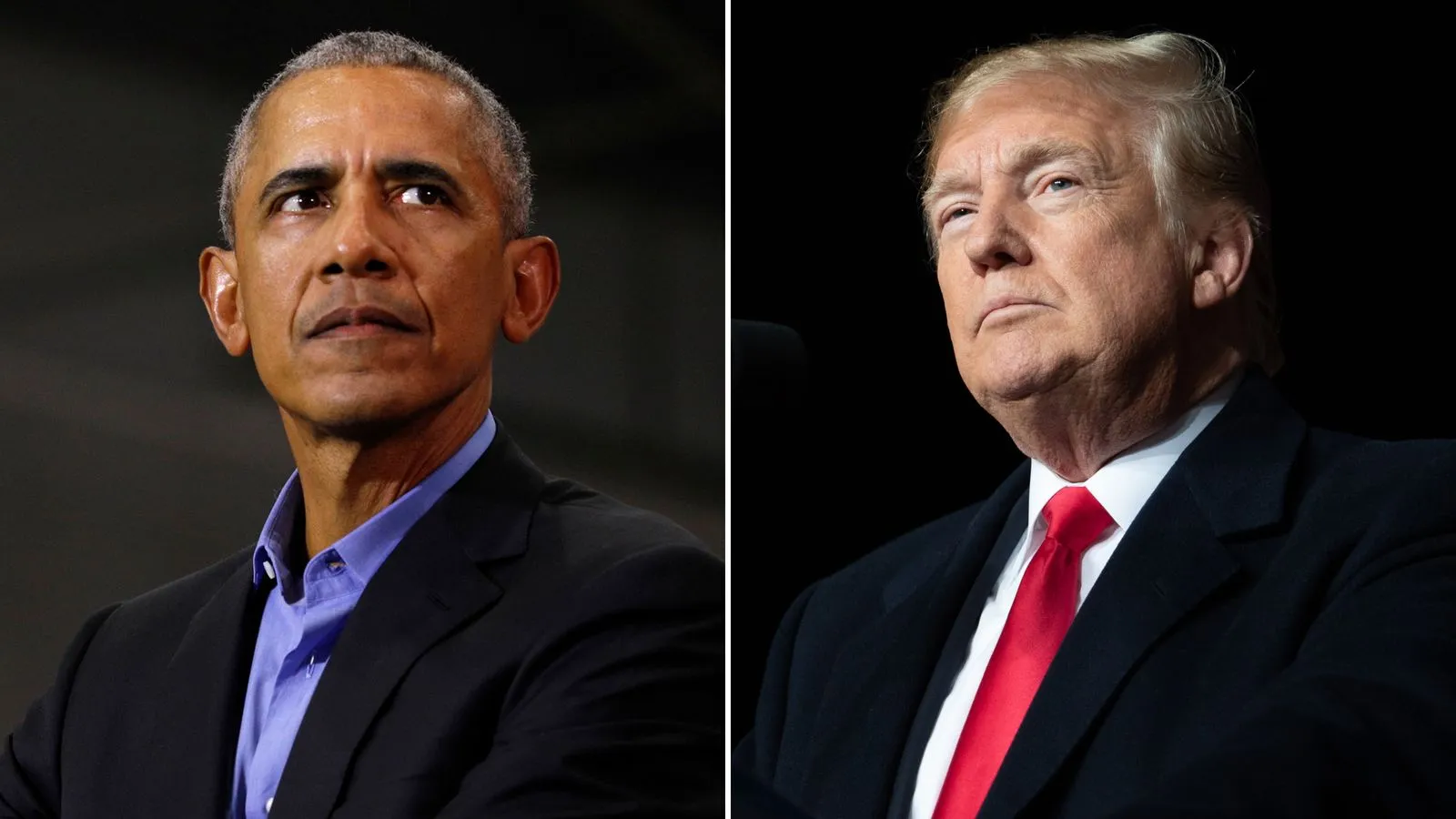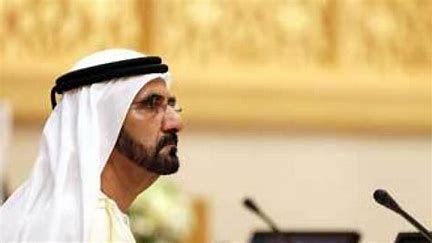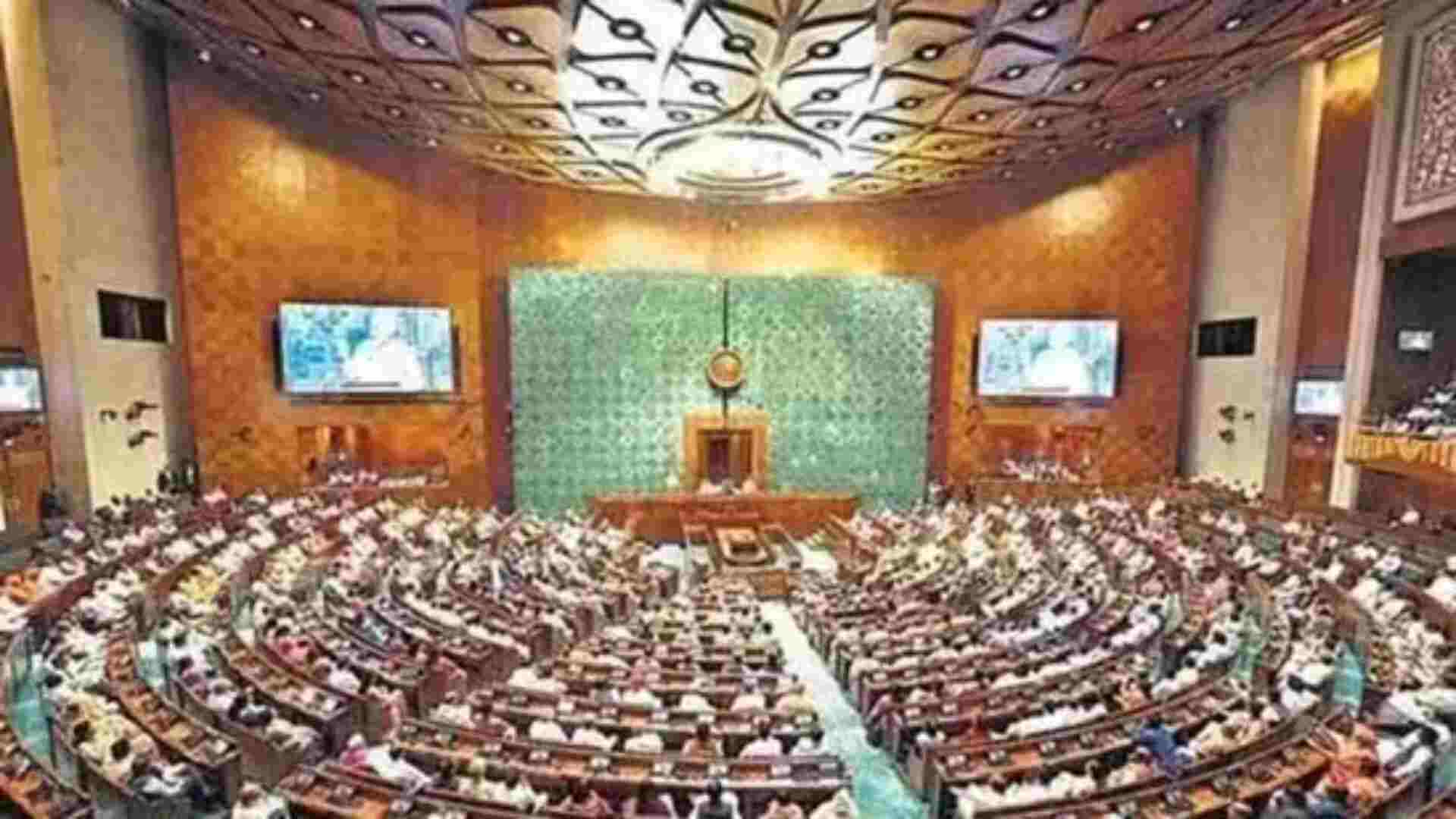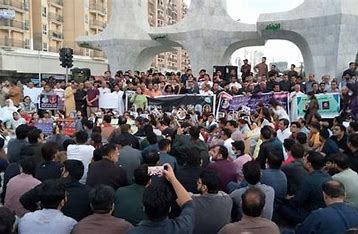
During the Democratic National Convention (DNC), former President Barack Obama took direct aim at Donald Trump, criticizing his behaviour and leadership. Obama’s remarks were part of a broader critique during the second night of the DNC, where he highlighted Trump’s obsession with crowd sizes, his tendency to spread conspiracy theories, and his fixation on personal grievances. Obama, who has long been a vocal critic of Trump, described him as a “78-year-old rich guy” who has been “whining” ever since he announced his run for president. He pointed out that Trump’s antics have only worsened over time, particularly his childish nicknames and bizarre obsession with crowd sizes.
This criticism followed an equally scathing speech by Michelle Obama, who also took Trump to task, flipping one of his controversial campaign lines on its head, referencing ‘Black Jobs’ in her critique. Her remarks were widely viewed as a sharp rebuke of Trump’s policies and his approach to race relations in the U.S.
In response, Trump wasted no time firing back at the Obamas. During a campaign rally in Asheboro, North Carolina, Trump addressed the personal nature of their attacks, expressing frustration that while he is often advised to “stick to policy,” the Obamas chose to get personal. He mocked Obama’s comments, especially the jabs at his fixation on crowd sizes, and questioned whether he should continue focusing on policy or retaliate with personal attacks of his own.
Trump’s remarks were infused with his characteristic defiance, as he told his supporters, “Did you see Barack Hussein Obama last night taking little shots? He was taking shots at your president, and so was Michelle.” Trump imitated his critics, sarcastically recounting how he was often told, “Sir, please stick to policy, don’t get personal,” but then pointed out that the Obamas had done exactly that—getting personal.
The tension between Trump and the Obamas is not new; it has been a defining feature of U.S. political discourse for years. The animosity dates back to Trump’s promotion of the false “birther” conspiracy theory, which questioned whether Obama was born in the United States. This unfounded claim, which Trump pushed for years, was widely seen as a racially charged attack against America’s first Black president. Obama eventually addressed the conspiracy head-on, publicly releasing his birth certificate and mocking Trump at the White House Correspondents’ Dinner in 2011.
Since then, the rivalry between Trump and the Obamas has only grown. Trump’s attacks on Obama have extended beyond policy disagreements, often taking on a deeply personal tone. This was evident once again during the DNC, as Obama’s speech made it clear that he views Trump’s behaviour as not just unpresidential but also detrimental to the country.
Trump’s response to the Obamas’ speeches at the DNC reflects the deeply personal nature of their ongoing feud. As he questioned whether he should stick to policy or get personal, Trump’s remarks were met with loud cheers from his supporters, indicating that the battle between these two political figures is far from over.
This latest exchange underscores the broader polarization in American politics, where the lines between policy debates and personal attacks are increasingly blurred. As both sides gear up for the upcoming election, the animosity between Trump and the Obamas is likely to continue playing a significant role in the political discourse.















